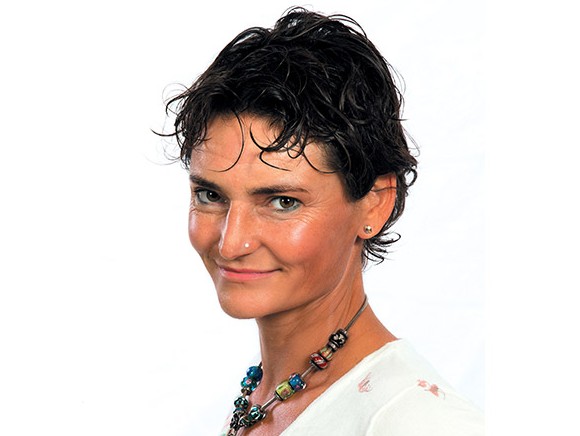
As I write this, spring has definitely arrived outside. The sun is shining, the air is warm and everybody immediately seems more cheerful. So that should put me in the right frame of mind to write a positive piece – about the onset of the barbecue season, for example, or about future opportunities or notable innovations. However, two recent events are vying for attention in my head: Brexit and Tierte.
Firstly, Brexit. On Wednesday 29 March the British government officially triggered ‘Article 50’ of the Lisbon Treaty, paving the way for leaving the European Union in 2019. By no means everyone is happy with this decision. Associations that represent the British food industry are gravely concerned. The British Retail Consortium, the National Farmers Union and the Food and Drink Federation issued a joint statement addressing Prime Minister Theresa May. “We cannot operate in isolation,” the coalition of bodies claimed. “We call on the government to adopt an approach that will ensure stability and continuity for agri-food and drink businesses.”
These developments are causing unease in the Netherlands too. “Every limitation of free trade with the United Kingdom will inevitably be at the expense of Dutch exports, prosperity and jobs. Therefore, the Netherlands also stands to lose a lot in the case of a Brexit which cuts all ties with the European internal market,” according to the since decommissioned members of parliament and committee members Marit Maij (PvdA) and Pieter Omtzigt (CDA), who were tasked with investigating the consequences of Brexit. The negotiations must swiftly become focused on reaching new trade agreements; an overly long period of uncertainty on this will be bad for the investment climate…
And investment is essential, because the agri-food sector faces huge challenges. (Luckily, Aalt Dijkhuizen puts a positive slant on things with us elsewhere this month by calling them “challenges that also offer lots of opportunities”!). By 2050 the world will have nine billion mouths to feed, despite the declining availability of agricultural land, the growing scarcity of raw materials such as water and energy, and the fact that consumers are placing ever-greater demands on product quality and production methods.
Those methods occasionally attract heavy criticism, as we saw recently following the emergence of video images from a slaughterhouse in the Belgian town of Tierte – and understandably so, because the conditions shown in the video are shocking. Thankfully, the large majority of slaughterhouses do things properly. This – and the fact that it’s an economic problem – received very little attention in the ensuing discussion. If only we were all prepared to pay more for the meat we buy, more could be invested too – so that the animals could have both better lives and better deaths.
While Trump causes unease in the global economy, the Middle East remains restless and Europe deals with Brexit, consumers ‘just’ want sustainable, tasty, safe and healthy food. So in Wageningen they are hard at work using new technology to enable the large-scale production of plant-based steak, and elsewhere food manufacturing equipment is being made increasingly easy to operate, more flexible, more eco-friendly, more energy-saving and more efficient – so that’s the good news for today. I think I’ll fire up the barbecue this evening!
Judith Witte
[email protected]
Source: © Vakblad Voedingsindustrie 2017